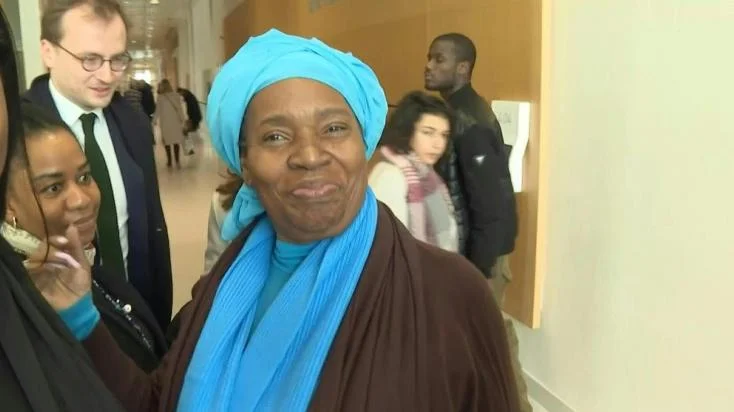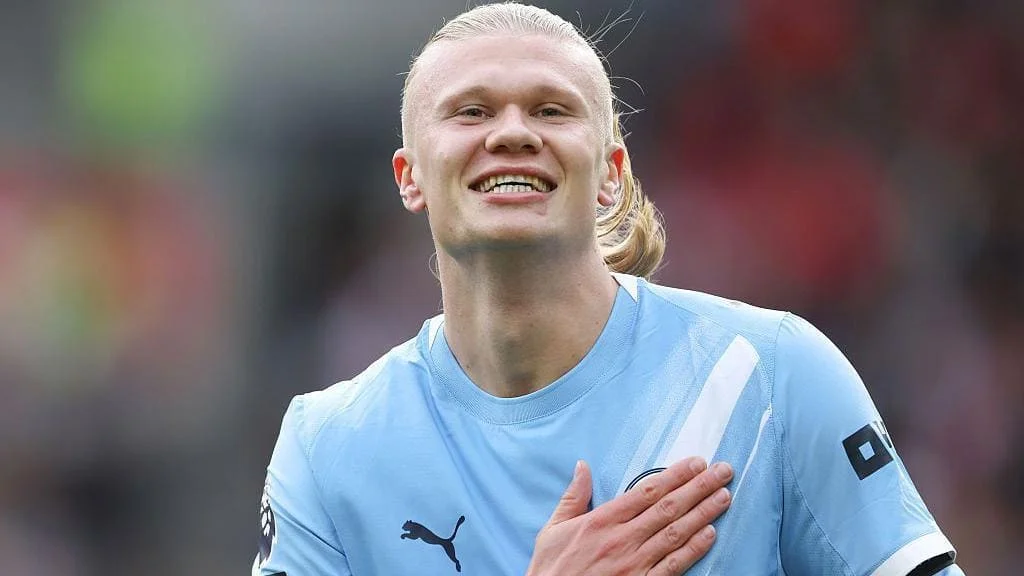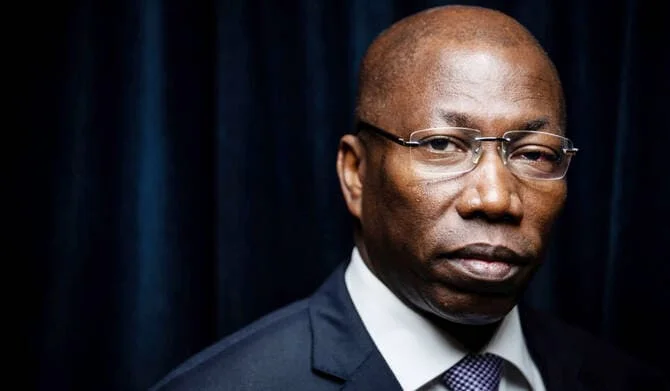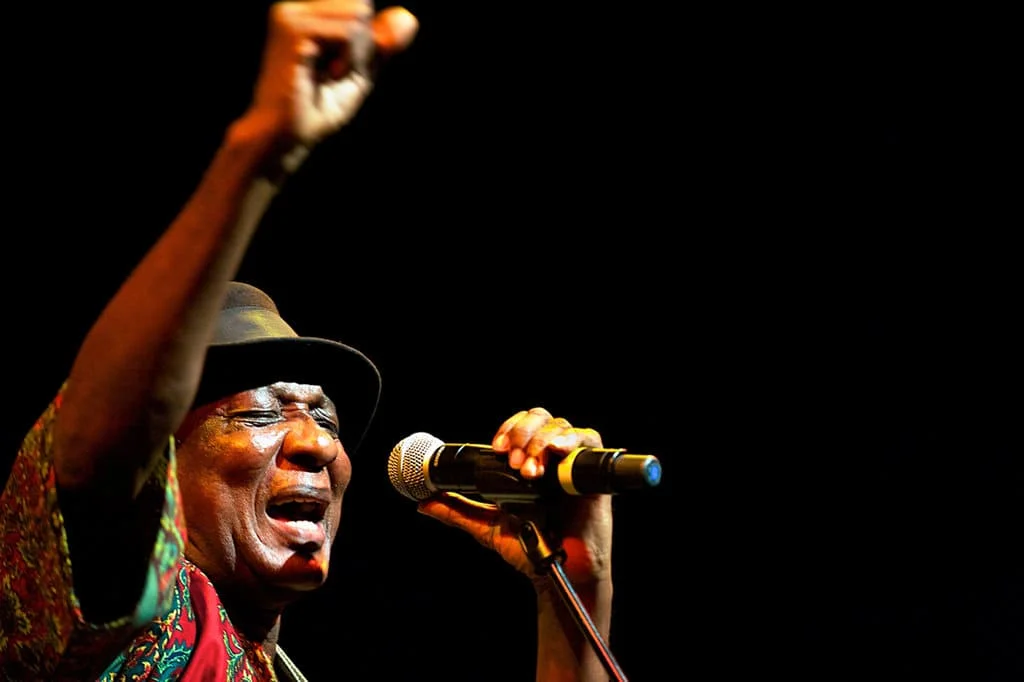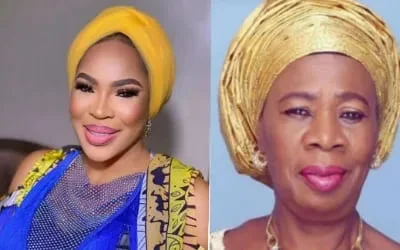A Paris court has acquitted Pascaline Bongo, the eldest daughter of Gabon’s late president Omar Bongo, of charges alleging she accepted bribes to facilitate public contracts. The ruling, which also cleared a French construction company and several individuals, marks a significant moment in a case that tested France’s approach to prosecuting foreign corruption.
Court Rejects Bribery Charges
Pascaline Bongo, who served as her father’s chief of staff until his death, faced accusations of aiding Egis Route, a French construction firm, in securing public contracts in Gabon during the early years of her brother Ali Bongo’s presidency. Prosecutors claimed she was promised €8 million in kickbacks, seeking a three-year prison sentence with two years suspended. However, the Paris criminal court found no evidence that Bongo, as the president’s high personal representative, had the authority to influence contract awards.
The presiding judge stated, “There is no proof of Pascaline Bongo leveraging her familial ties to favor Egis Route.” The court also noted that French law criminalizing bribery of foreign officials did not apply at the time of the alleged actions, further undermining the case. Bongo’s lawyer, Corinne Dreyfus-Schmidt, hailed the verdict as a victory for justice, emphasizing the court’s impartial review of the evidence.
Defendants and Allegations
Alongside Bongo, the court acquitted Egis Route and five individuals, including two former senior managers and the company’s sales chief, Christian Laugier, previously responsible for its Africa operations. They were accused of offering the alleged €8 million bribe to secure a public works contract related to a national infrastructure agency overseen by Ali Bongo. The charges, first reported by the French newspaper Libération, centered on consulting contracts for this agency, highlighting concerns about corrupt practices in international business dealings.
Legal Challenges and Defenses
Bongo’s legal team argued for dismissal, contending that the case fell outside French jurisdiction and that the alleged actions were beyond the statute of limitations. They also challenged the legality of evidence collection. While the judge allowed the trial to proceed, these objections were addressed in the final ruling, which found insufficient grounds to convict. The decision reflects the complexities of prosecuting international corruption cases, particularly when legal frameworks and evidence standards are contested.
Broader Context of Anti-Corruption Efforts
The case drew attention from Transparency International France, with representative Sara Brimbeuf noting that France rarely pursues corruption charges against foreign officials or companies operating abroad. She highlighted the trial’s potential to set a precedent for future prosecutions. The case is part of a broader French investigation into ill-gotten gains, initiated to examine the origins of Omar Bongo’s wealth used to acquire assets in France. This probe led to the seizure of several properties and charges against some of Bongo’s children, though Ali Bongo, as a sitting president, was immune from prosecution.
Implications for Accountability
The acquittal underscores the challenges of addressing international corruption, particularly in cases involving historical ties between France and its former colonies. The ruling may influence how similar cases are handled, balancing legal accountability with jurisdictional and evidentiary constraints.


